Week 4: Literature
Week 4 aims to have you branch out artistically. This week, instead of being given a
portion of a composition to build off of, you will be given a piece of media to consume.
The main goal of this week is to explore a larger prompt and to build up a piece that
captures the theme and feel of the reference material. Additionally, week 4 is about
pulling together a single, larger, coherent piece over the course of the week instead of
7 small individual pieces.
It is encouraged that you look back on your prior work over the course of the month and take inspiration from your various Composuary submissions. As part of your submission, you should provide references to your prior pieces that you used so fellow composers can appreciate how your piece was built off of the simpler themes tackled during the month.
Prompt : The Drive for Efficieny
The prompt for this year's Composuary aims to confront the forever push towards Taylorist style efficiency and the natural consequences of that drive. Generative AI and the push for a smaller and leaner workforce are both indicative of a general trend in "reducing waste" of work. The push for more product faster with fewer resources eats eats into product quality and erodes at "meaningful work": work that is rewarding and achieves genuinely productive ends.
Primary Work
The whole work of man really seems to consist in nothing but proving to himself every
minute that he is a man and not a piano-key
~ Fyodor Dostoyevsky
Notes from the Underground

Additional Reading
The push for efficiency is ever present in much of our modern world which creates a number of different angles from which to look at this topic. Below are a collection of resources to provide more nuance to your work. This list is long enough that you are unlikely to get through all of, so summaries have been provided to help pick two or three that you believe are worth the time investment to better understand efficiency.
The first few resources show ideas of "efficiency as art" and aim to highlight that, like stated in the video, drives for efficiency are not inherently good nor bad. Later examples show more of the toxic side of drives for efficiency.
Language
Ithkuil is a constructed language the aims to be maximally precise and concise. The
reading below aims to show how the language works and should highlight the mindset
behind making a language efficient.
Ithkuil Website: Browse time 15 minutes (can spend weeks reading it though)
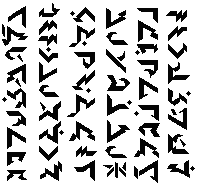
How the World's Most Complicated Language Works: A 5 minute video outlining the high level of how Ithkuil works.
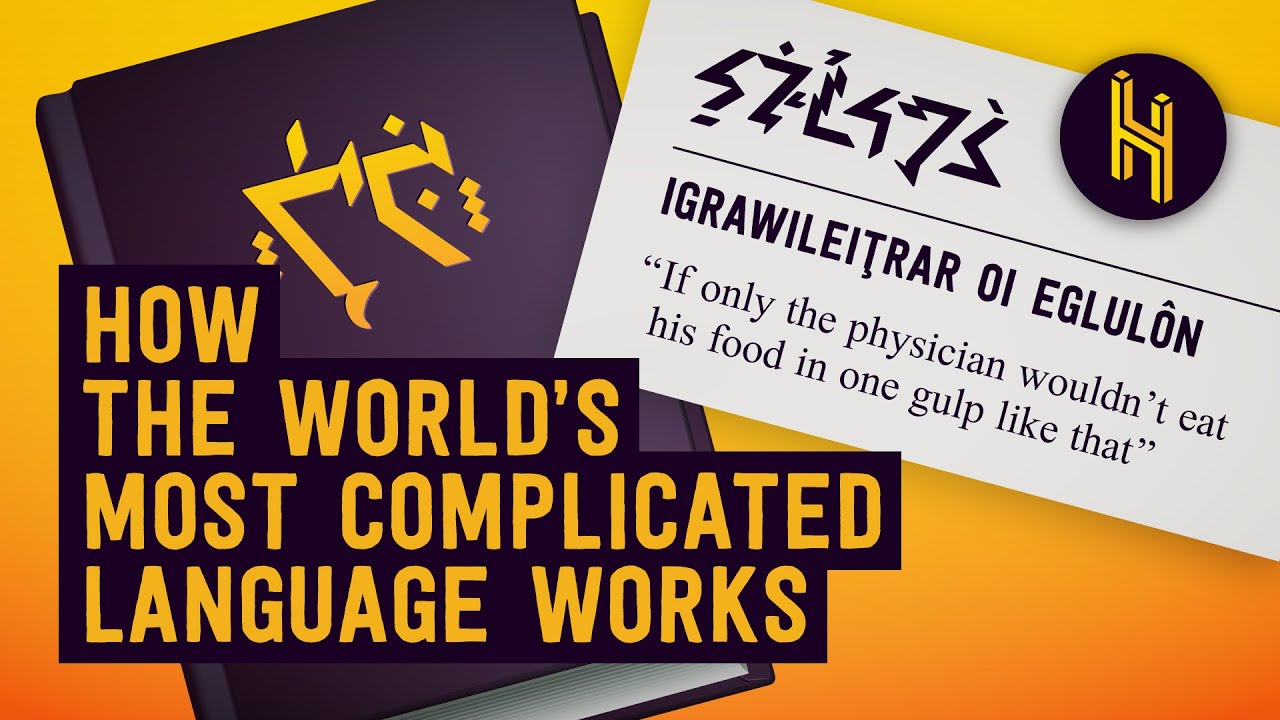
The Ithkuil Fallacy: a 7 minute video looking into the concepts of "language efficiency"
using Ithkuil as a reference.
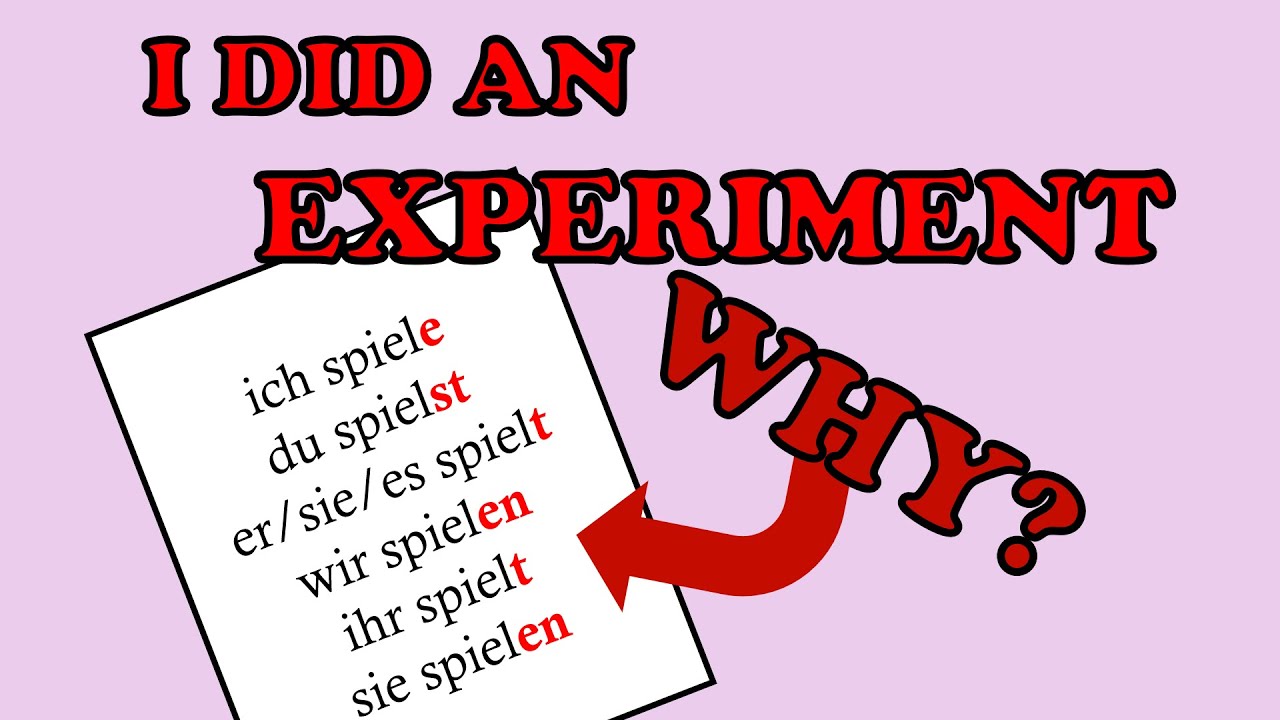
Housing
The Tiny House movement begins to blend from the light to dark side of efficiency. Driven by growing house prices and a lack of access to space and affordable housing, tiny homes are typically custom built by their owners to maximize the value of their living spaces at incredibly small footprints. While there are many designs that are beautiful, functional, and livable, the driving forces that inspire the types of design seen in the likes of Netflix's "Tiny House Nation" are matched equally by Hong Kong's "coffin" homes. In both circumstances, we can see that "efficient" real estate usage comes with trade offs.
Living Big in a Tiny Home: A wonderful YouTube channel showcasing amazing
and beautiful tiny homes. Any video you find here will show wonderful and efficient use
of space. Watch one or two to act as a comparison for the following two videos in this
section.

Living in 15 sq ft: 7 minute video showing how coffin homes are laid out and
the living conditions within some of the poorer places in Hong Kong
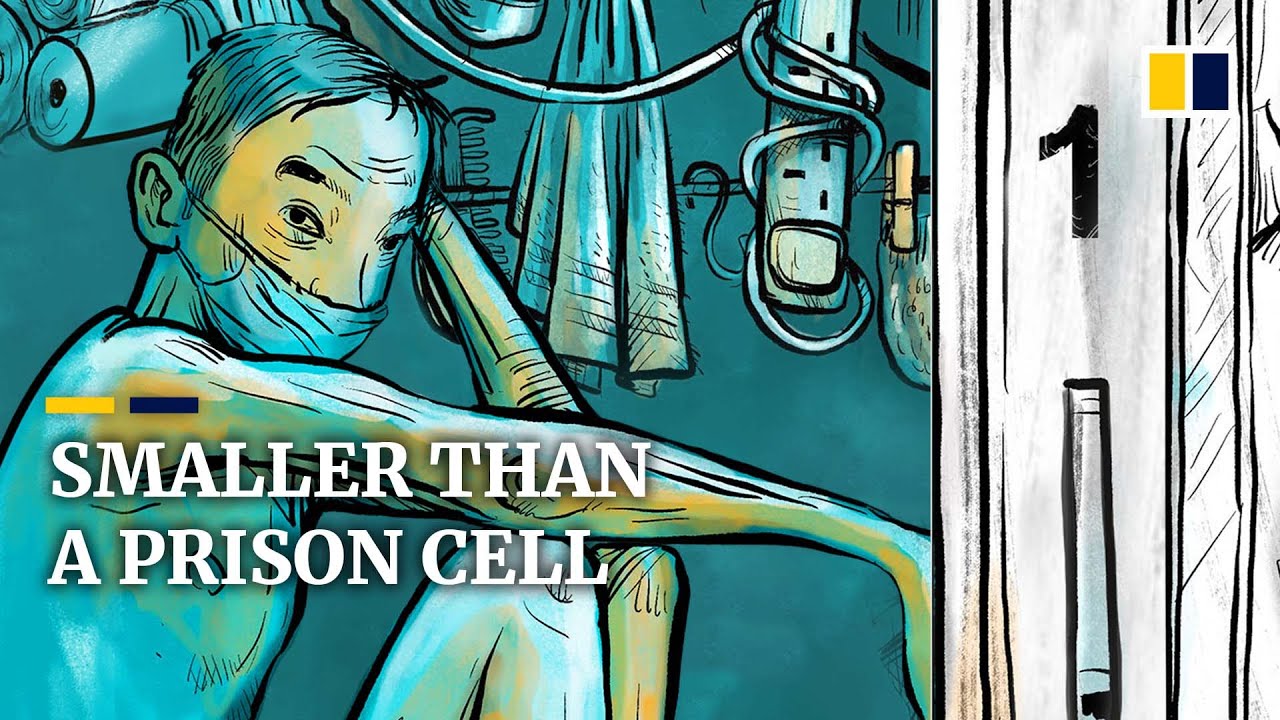
Inside Hong Kong's cage homes: 15 minute video looking at the land policies that
have led to the development of the cage homes.

Animal Harvesting
Shark Bait: A half hour long documentary put together by Gordan Ramsey looking
into the industry around capture sharks for shark fin soup.
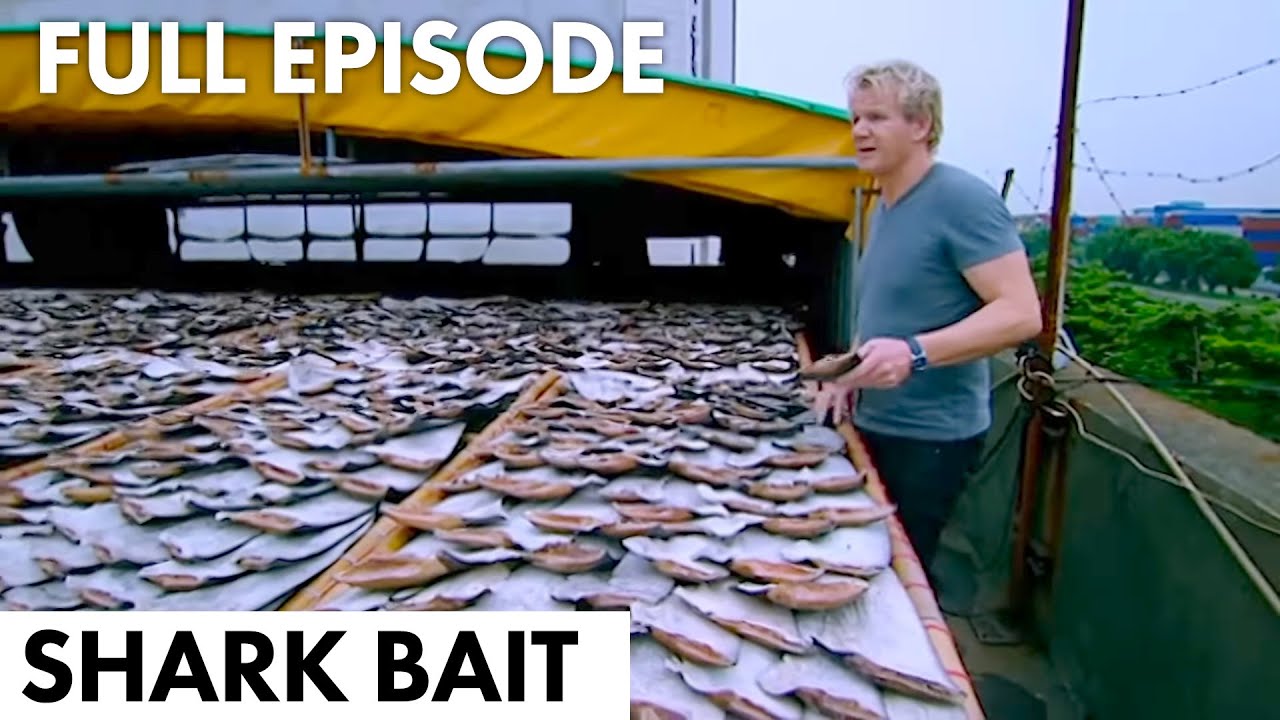
Dances with Wolves - Buffalo Massacre A 3 hour long movie from 1990. The key scene within this film is the "Buffalo Massacre". Searches in YouTube will find this quickly, but given that there isn't a YouTube account associated with the production company, I have not provided a direct link. This scene in the movie portrays the waste of colonial pelt harvesting that, in irony, aimed to improve the efficiency of bringing in hides by leaving the rest of the animal to rot.
This increased hunting capacity ... and American policies that advocated for the
extermination of the buffalo — meant to starve Aboriginal peoples into
dependence — enabled industrial-scale buffalo hunting. In the 1870s, these conditions
were met with a steady price for buffalo products, a lack of regulation of the hunt and
new tanning processes that rendered buffalo hides a valuable commodity. These conditions
encouraged massive slaughter in Canada and the United States, resulting in the near
extinction of the bison.
~ John E. Foster
Buffalo Hunt
https://www.thecanadianencyclopedia.ca/en/article/buffalo-hunt
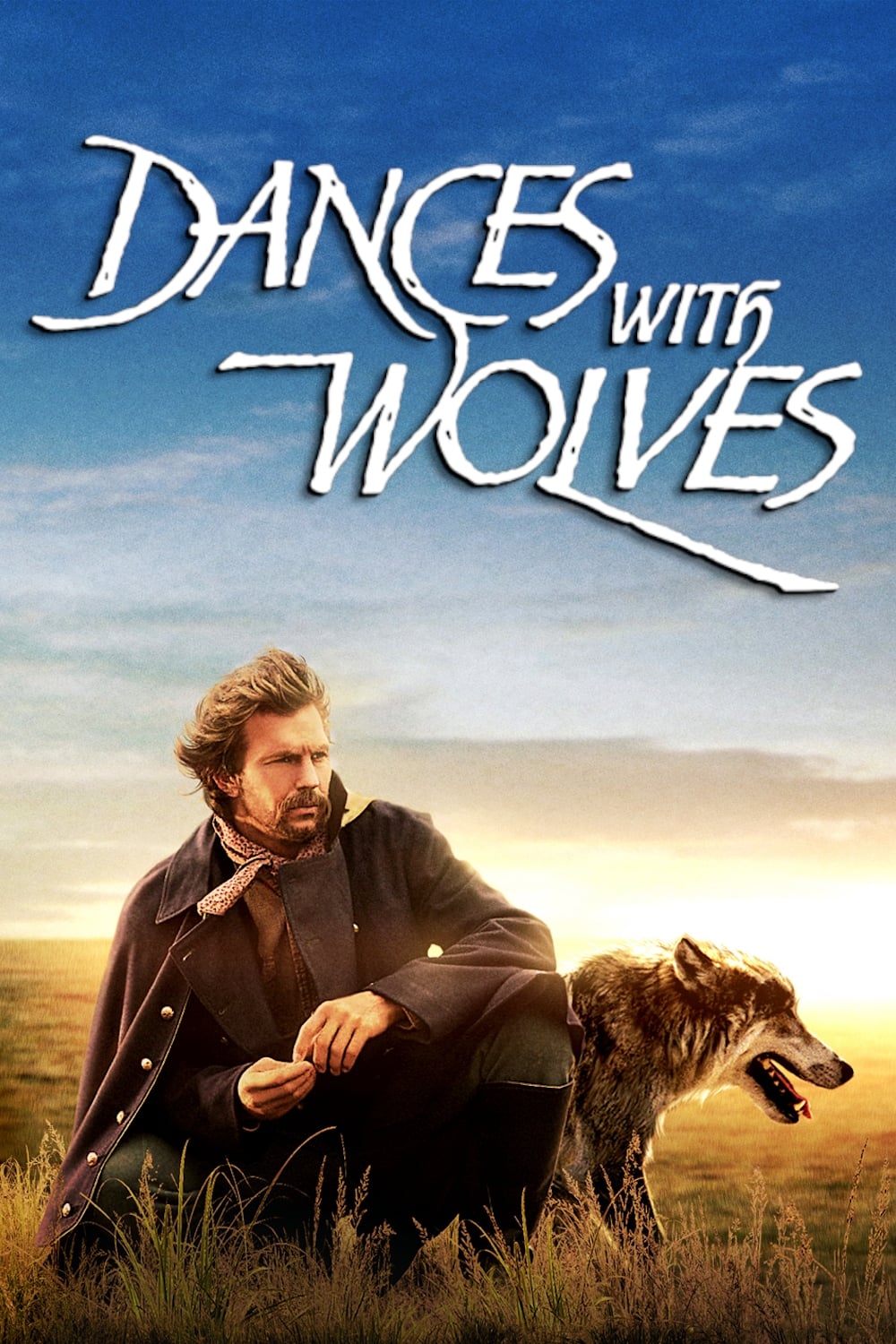
Everest
Well There's Your Problem - Everest: A 2.5 hour long engineering disaster podcast
(with slides) that covers how the prestige of the world's tallest mountain has led to
a massive influx of people wanting to "conquer" the peak. The results of a drive to
get people up and down the mountain as efficiently as possible have led to a
rather bizarre scenario.
